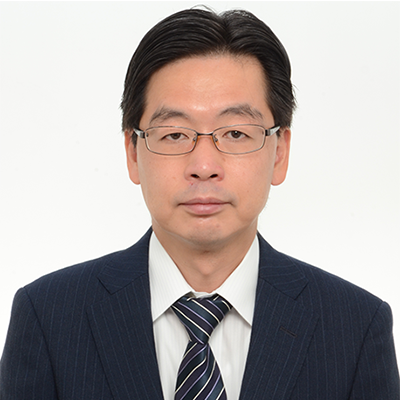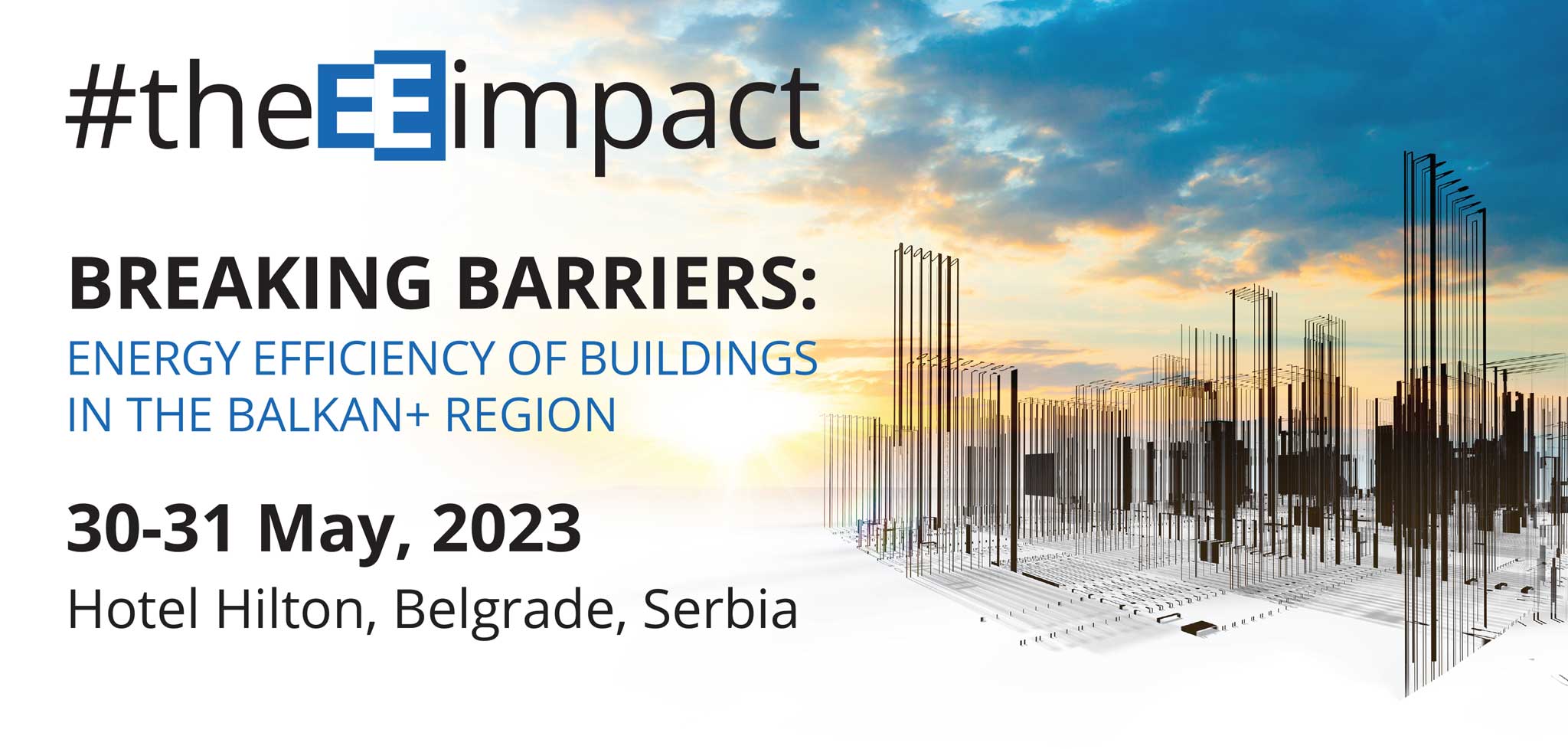
Regional Knowledge Symposium
Invites You to Shape the Future of Energy
Between May 30-31 2023, a regional knowledge symposium on “Energy Efficiency of Buildings in the Balkans+ Region” is taking place in Belgrade, Serbia. The symposium, organized by the United Nations Development Programme (UNDP), with support from the governments of Germany and Slovakia, and the government of Japan under UNDP’s Climate Promise initiative, will bring together representatives of governments, financial institutions, international organizations, the private sector, and the academic community. The goal of the event is to support Serbia and the Western Balkans, as well as neighbouring countries like Moldova, to accelerate the implementation of energy efficiency measures in buildings that help reduce energy supply costs, mitigate climate change, and protect the environment and citizens’ health.
30-31 May, 2023.
Hotel Hilton, Belgrade, Serbia
DAY 1
DAY 2
JOIN THE DISCUSSION ON TWITTER #theEEimpact
AGENDA
BREAKING BARRIERS: ENERGY EFFICIENCY OF BUILDINGS IN THE BALKAN + REGION
DAY 1, 30th May
WHY BUILDINGS ARE THE FOUNDATION OF AN ENERGY-EFFICIENT FUTURE?
WELCOMING WORD:
Mr. Yakup Beris, UNDP Serbia Resident Representative
OPENING REMARKS:
Ms. Plamena Halacheva, Deputy Head of Mission, EU Delegation
Mr. Goran Vesic, Minister of Construction, Transport and Infrastructure, Government of the Republic of Serbia
Press Conference
Coffee Break
Moderator:
Dr. Laura Altinger, Regional Team Leader, Nature Climate Energy, Europe and CIS region, UNDP
Panelists:
Ms. Jasmina Katica, Head of Energy Efficiency Department, Ministry of Spatial Planning, Federation of Bosnia and Herzegovina
Mr. Dusan Radonjic, Assistant Minister for the Sector for Housing and Architectural Policy, Communal Activities and Energy Efficiency, Ministry of Construction, Transport and Infrastructure, Government of the Republic of Serbia
Ms. Biljana Scepanovic, Minister of Science and Technological Development, Government of Montenegro
Mr. Oleg Dzioubinski, Regional Advisor, Sustainable Energy Division, United Nations Economic Commission for Europe
Mr. Ion Muntean, Director, Energy Efficiency Agency, Moldova
The signing of the Energy Community Treaty in 2003 can be seen as the beginning of systematic energy sector liberalization in the region, allowing countries to deal with widespread energy sector problems on the demand side such as low energy tariffs and not sufficient incentive for energy users to invest in energy efficiency measures. Creating an enabling environment required for scaling up energy efficient solutions across the region needs cooperation among decision makers at all government levels, and capital investment by stakeholders to support projects that use energy more rationally. Investors come where a strong national government role and clear regulatory structures help overcome barriers and establish clear conditions and standards. This session discusses the status of the enabling environment for energy efficiency for buildings across the region, offers knowledge from successful initiatives and interventions led by the governments in the selected countries and offers recommendations on the way forward.
Lunch Break
Moderator:
Ms. Jana Koperniech, Global Technical Specialist – Energy, UNDP
Panelists:
Mr. Borko Raicevic, Senior Energy Efficiency Expert, Energy Community
Mr. Ivan Mrvaljevic, Head of the Sector for Development and Investments of EPCG, Montenegro
Ms. Laureta Dibra, NAP Project Manager, UNDP Albania
Ms. Paula Rey Garcia, Deputy Head of Unit, Directorate-General for Energy, European Commission [remotely]
Mr. Elvis Hadzikadic, CEO of Plus Minus Engineering & Consulting, Bosnia and Herzegovina
The concept of nearly zero energy buildings combines energy efficiency and renewable energy generation to consume only as much energy as can be produced on site, through renewable resources and within a specified time period. The European Union (EU) has introduced this standard and allows each country to define it at the national level in order to have buildings with very high energy performance. The amount of energy required for such buildings is nearly zero or very low and should be covered to a very significant extent by energy from renewable sources, including energy from renewable sources produced on-site or nearby. According to the Energy Performance of Buildings Directive, all new buildings constructed in EU Member States must be nearly zero-energy buildings. As the countries in the region strive to join the EU, they need to adapt to this new legal framework.
This session shall discuss the state of play vis-a-vis the nearly – zero energy buildings – the state of readiness of the countries in the Western Balkans, approaches taken by different countries to reach near-zero targets.
Coffee Break
Moderator:
Ms. Aleksandra Kikovic, Team Leader for Green and Inclusive Growth, UNDP Montenegro
Panelists:
Mr. Sinisa Ubiparipovic, Project Manager, UNDP Bosnia and Herzegovina
Mr. Borko Vulikic, Project Manager, UNDP Montenegro
Ms. Maja Matejic, Energy Expert, MSc. in Mechanical Engineering, Serbia
Mr. Aleksandar Dedinec, Scientific Collaborator, Macedonian Academy of Sciences and Arts, North Macedonia [remotely]
Dr. Romanas Savickas, Senior Advisor, UNEP Copenhagen Climate Centre
Electricity use in buildings is expected to continue increasing in the next decade, according to the International Energy Agency, requiring large increases in power-generation and network capacity. Predicting, and being able to react/adjust the energy performance to the changing needs of the people in the buildings is there a step the right direction. Digital and data-driven solutions, including smart thermostats and smart lighting, improving the responsiveness of energy services predictively with respect to user behavior through algorithms that auto-programme heating and cooling services, are only few examples of how digital solutions can help in decreasing energy use in buildings.
This session shall focus on the recent trends in digitalization for energy efficient buildings and showcase innovative ideas already implemented in the region.
DAY 2, 31st May
ACCELERATING ENERGY EFFICIENCY – THE KEY FOR LOWERING ENERGY DEMAND QUICKLY
H.E. Anke Konrad, Ambassador of the Federal Republic of Germany to the Republic of Serbia
Ms. Monika Podsklanová Šuhajdová, Charge d’ Affaires a.i. of the Embassy of the Slovak Republic to the Republic of Serbia
Mr. Tetsuya Tsubota, Charge d’ Affaires a.i. of the Embassy of Japan to the Republic of Serbia
Moderator:
Mr. Zarko Petrovic, Programme Specialist – Resilient Development, UNDP Serbia
Panelists:
Mr. Rüdiger Hartmann, Director KfW Office Belgrade, Serbia
Mr. Alessandro Bragonzi, Head of EIB Regional Representation for the Western Balkans, EIB Global
Mr. Sinisa Rodic, Climate Change Mitigation Programme Manager, UNDP Bosnia and Herzegovina
Mr. Peter Dittrich, Vice Chairman Board of Directors, Slovak Investment Holding
Dr. Carel Cronenberg, Senior Technical Advisor Climate Change, Council of Europe Development Bank
Mr. Bojan Bogdanovic, Principal, Energy Efficiency and Green Buildings, European Bank for Reconstruction and Development (EBRD)
There is an urgent need for the countries in the region to develop viable financing models and to scale-up financing and implementation. This session shall identify key barriers and financing options/models for successful energy efficiency projects/programs and share success stories around the already deployed financing mechanisms for public and residential buildings in the region.
Lunch Break
Moderator:
Ms. Raduska Cupac, Energy and Environment Sector Leader, UNDP Bosnia and Herzegovina
Panelists:
Ms. Ines Jacob, Associate Programme Officer-Technology and Infrastructure, IRENA [remotely]
Mr. Dragan Urosevic, Project Manager – Energy Portfolio, UNDP Serbia
Prof. dr. Milos Banjac, Department of Thermomechanics, Faculty of Mechanical Engineering University of Belgrade, Serbia
Ms. Irina Apostol, EMIS Developer, Green City Lab Moldova
Mr. Goran Cacic, Sustainable Energy Expert , ENEFFI – Engineering Efficiency ltd. & Green Energy Cooperative, Croatia
One cannot improve what cannot be measured. Energy management information system is a tool that supports the energy management system in buildings. Poor data on baseline energy use and a lack of measuring, monitoring, and verifying are one of the reasons why countries may not be able to achieve their national energy efficiency targets. This session shall compare experience with implementation of the energy management information system, which facilitates energy management in buildings.
Coffee Break
Moderator:
Mr. Geoffrey Omedo, Sustainable Energy Knowledge Community Manager, UNDP
Panelists:
Mr. Ivo Colovic, Programme Director of the Centre for Free Elections and Democracy (CeSID), Serbia
Mr. Hamdija Mujezin, Project Manager, UNDP Bosnia and Herzegovina
Mr. Blin Berdoniqi, Green Transition Project Analyst, UNDP Kosovo [1]
Ms. Aleksandra Dimova Manchevska, project manager, UNDP North Macedonia
Ms. Milica Knezevic, Energy Expert, Montenegro
Navigating the interface between policymaking and human behavior is key to achieving sustained reductions in energy consumption. Behavioral issues need to be considered in all aspects of the energy transition. This session shall discuss the topic of a behavioral change for energy efficiency in the participating countries – what it means, why it is important to invest into understanding behavior patterns, challenges to do so and good examples where a change was achieved.
[1] References to Kosovo shall be understood to be in the context of Security Council Resolution 1244 (1999)
OPENING REMARKS

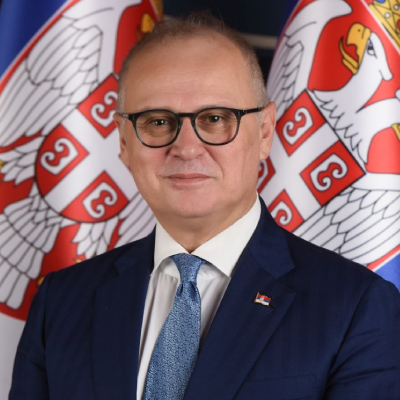
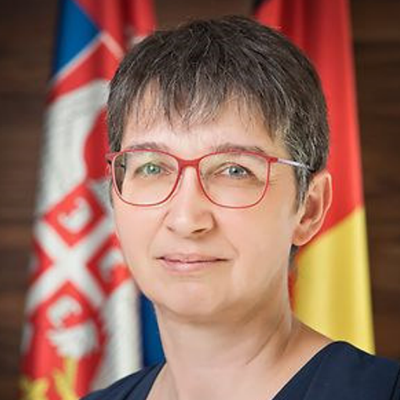

PANELISTS
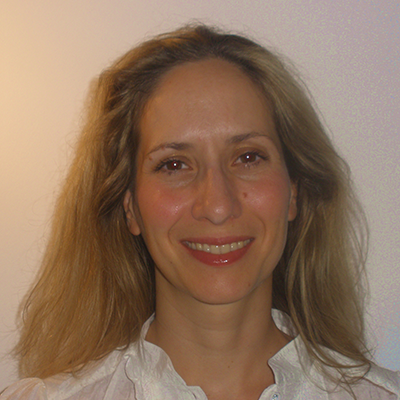

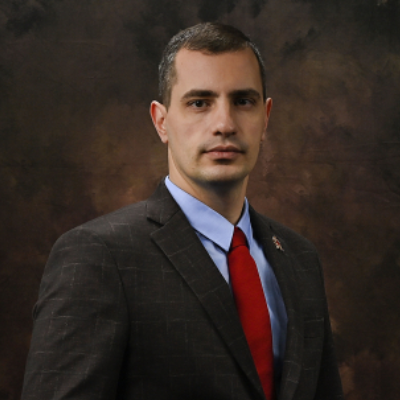
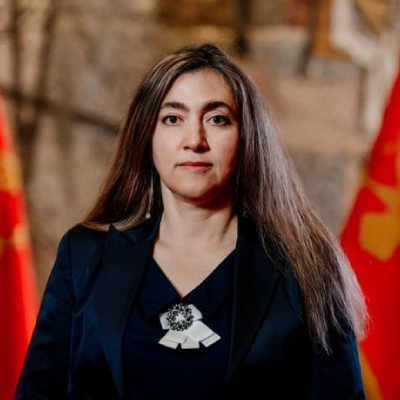
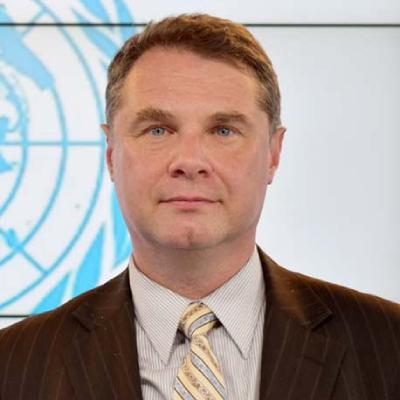
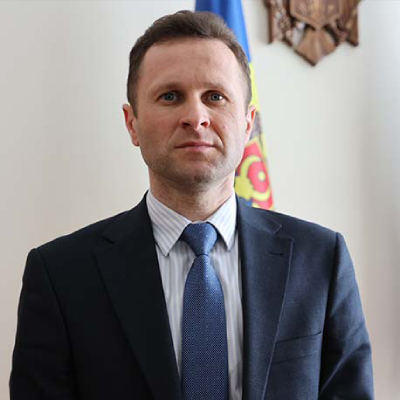



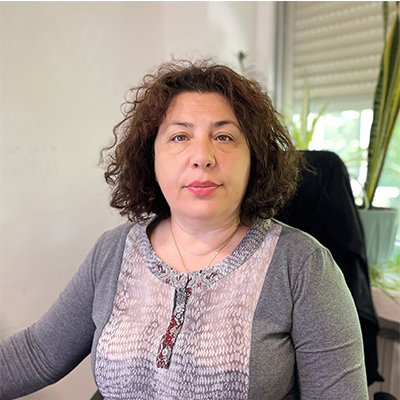





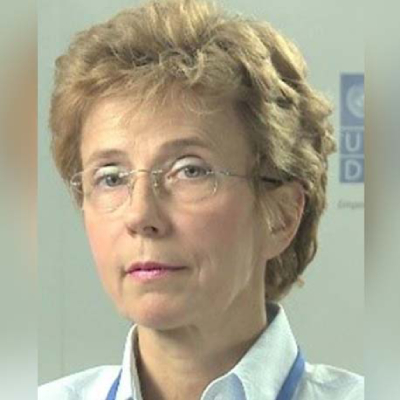

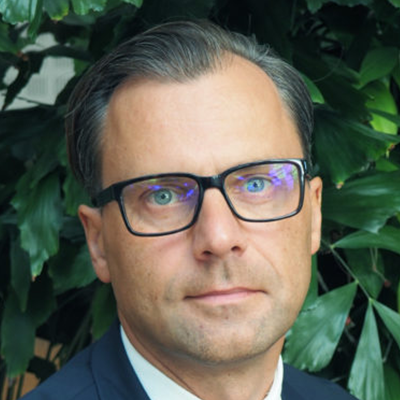
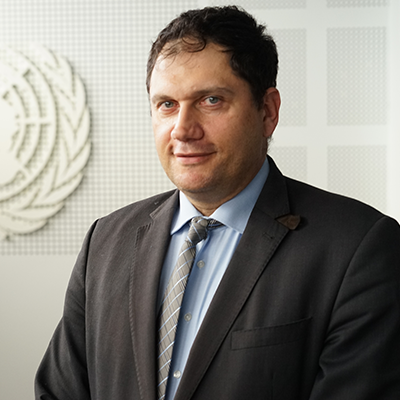

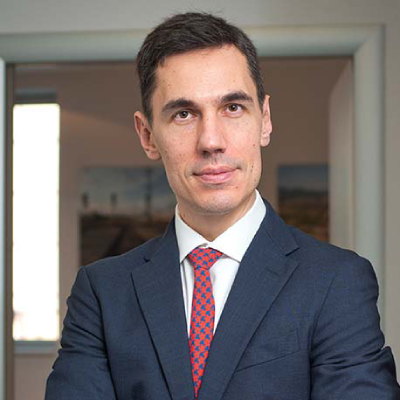
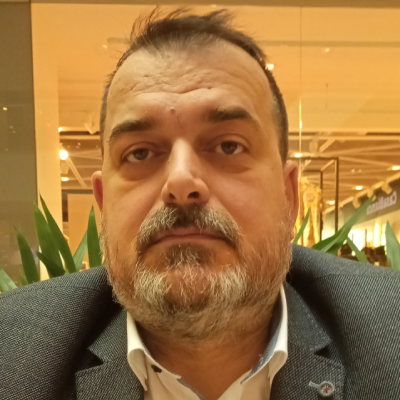

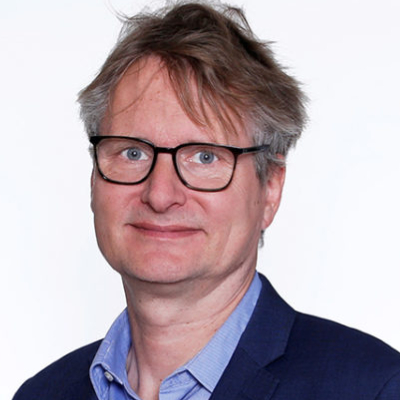
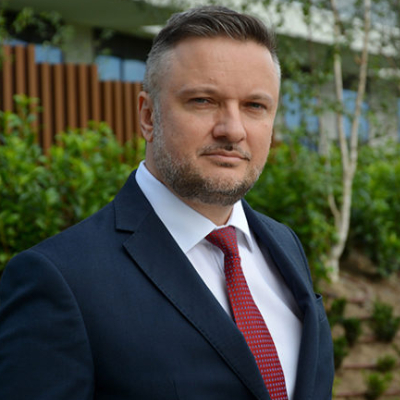
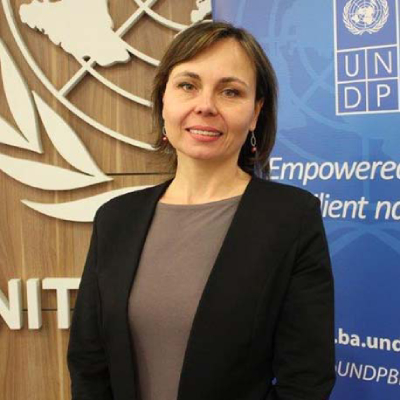

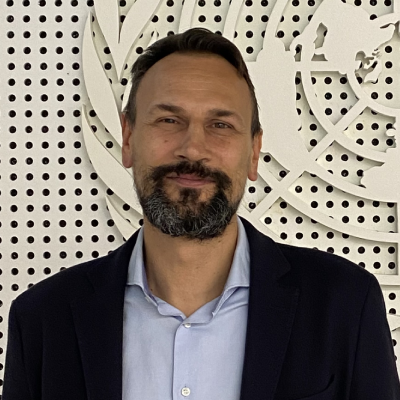
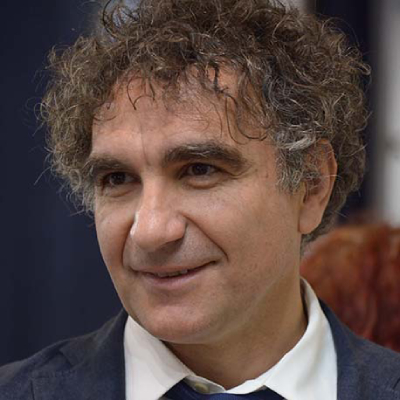


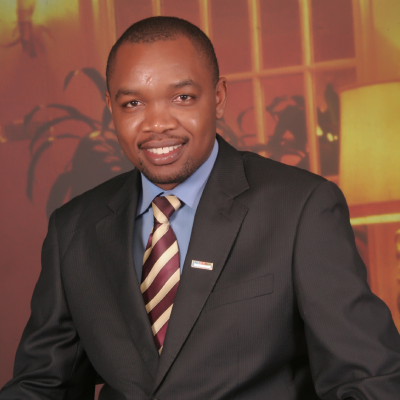
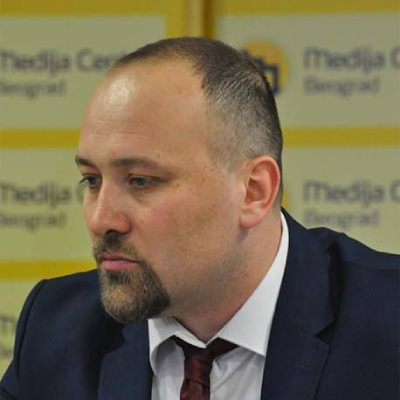


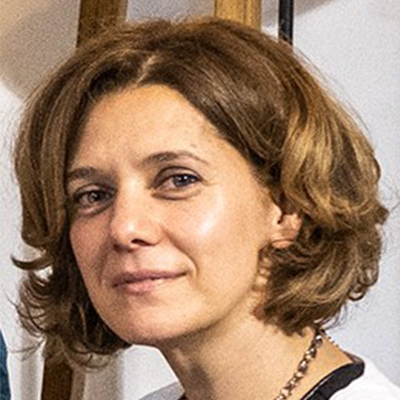
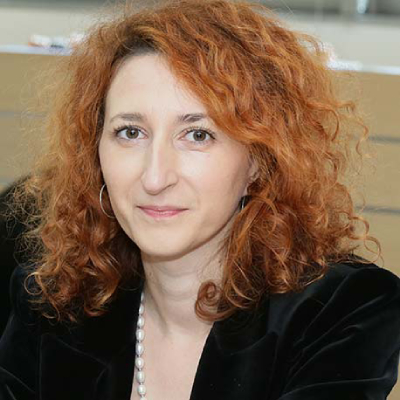
REGISTRATION FORM

